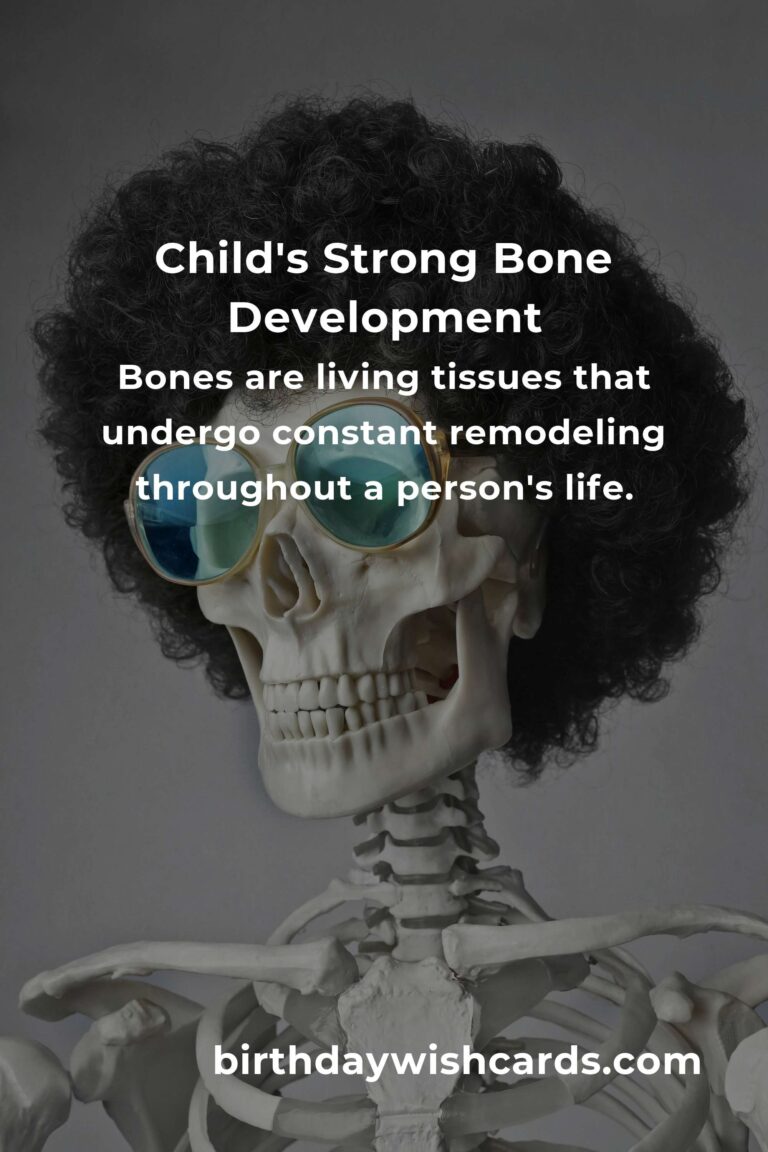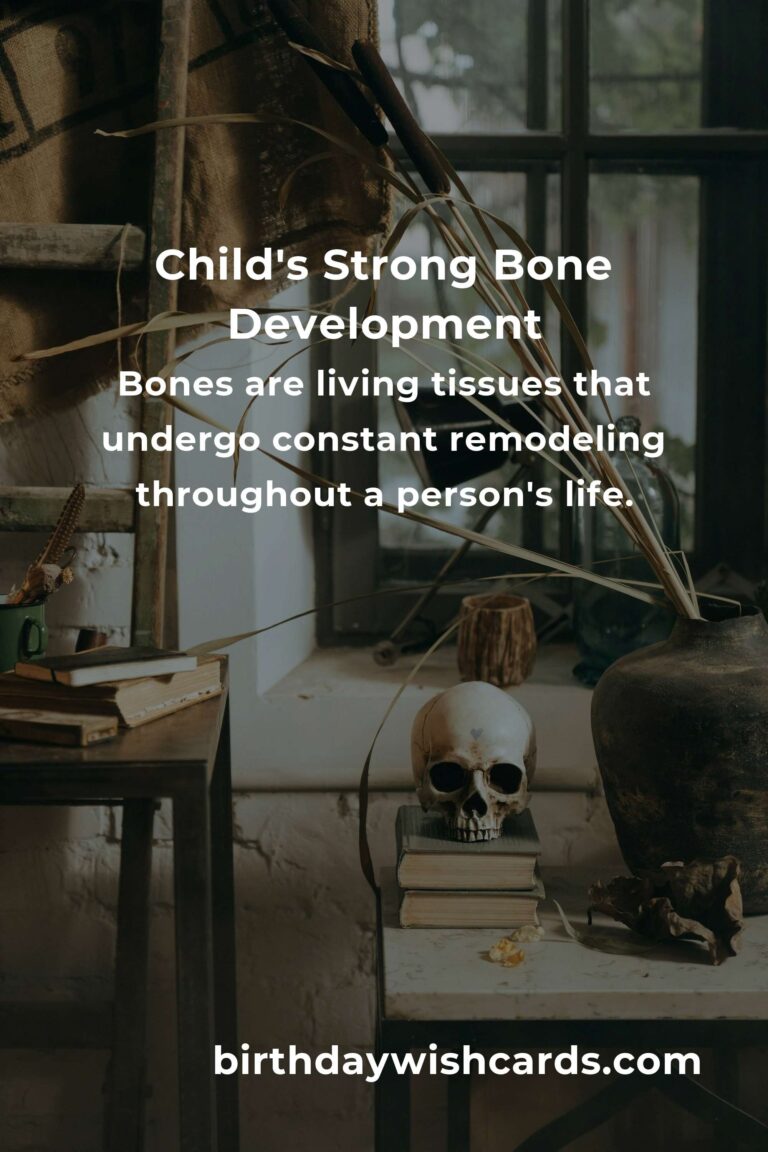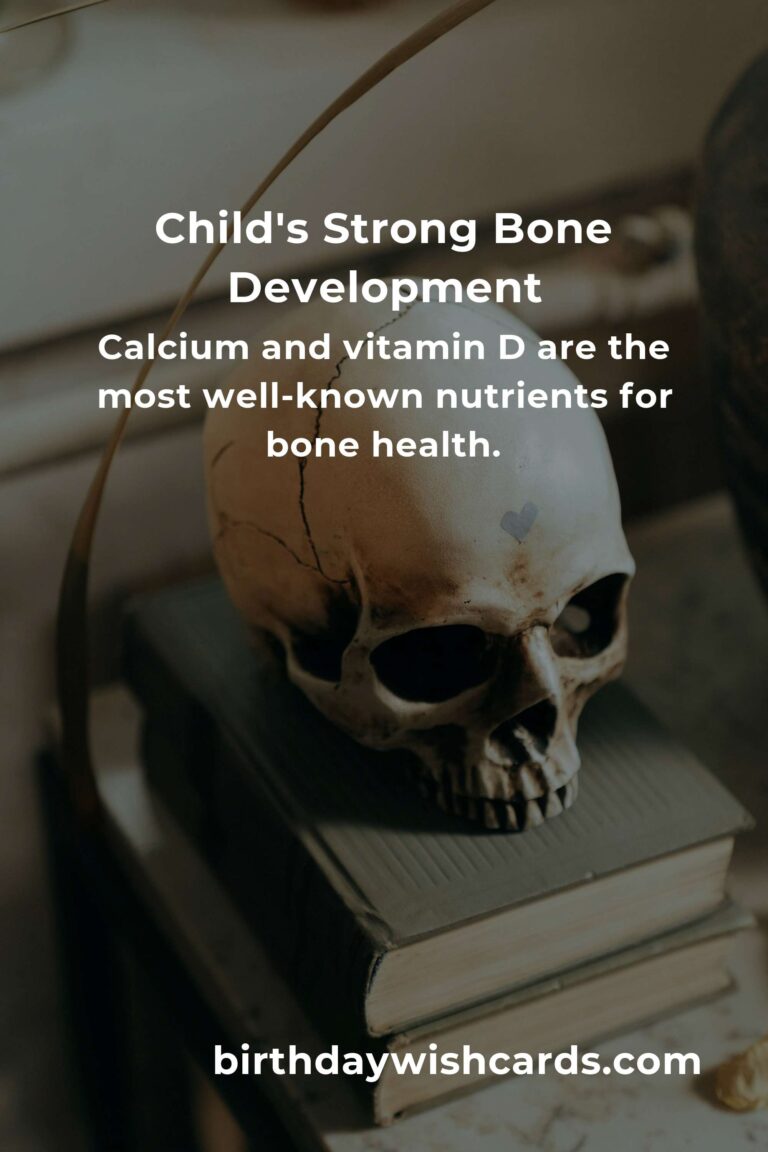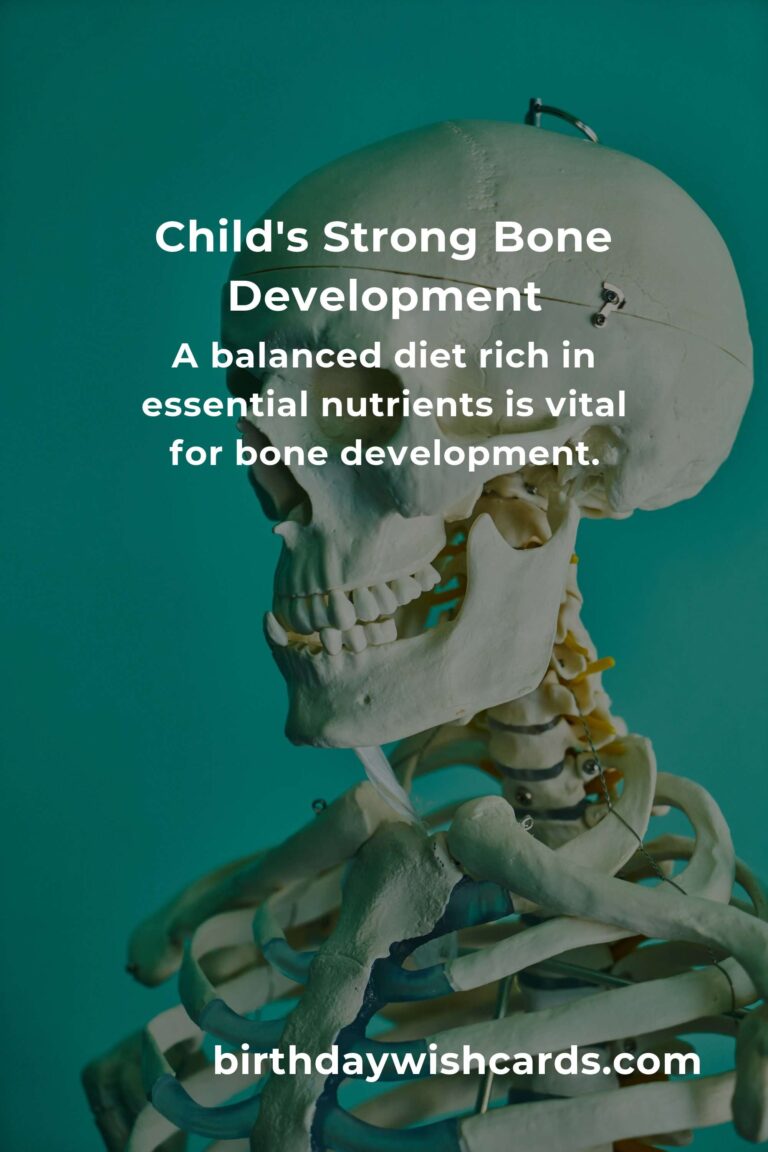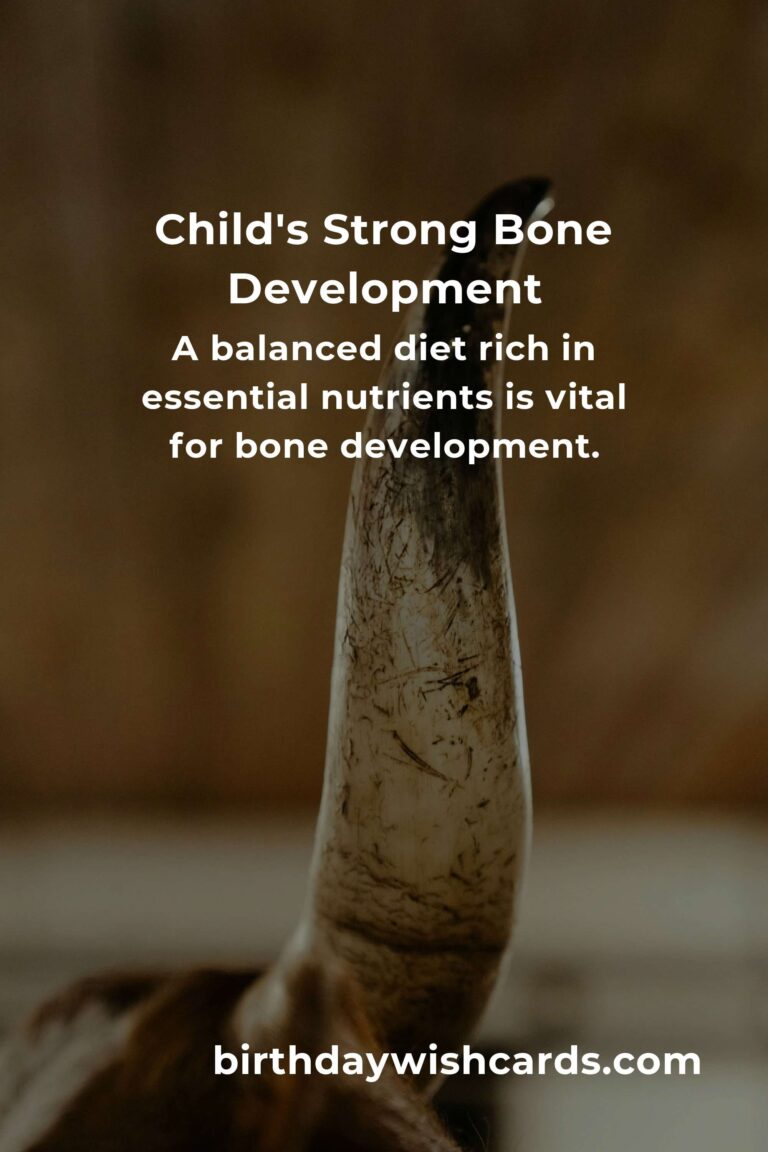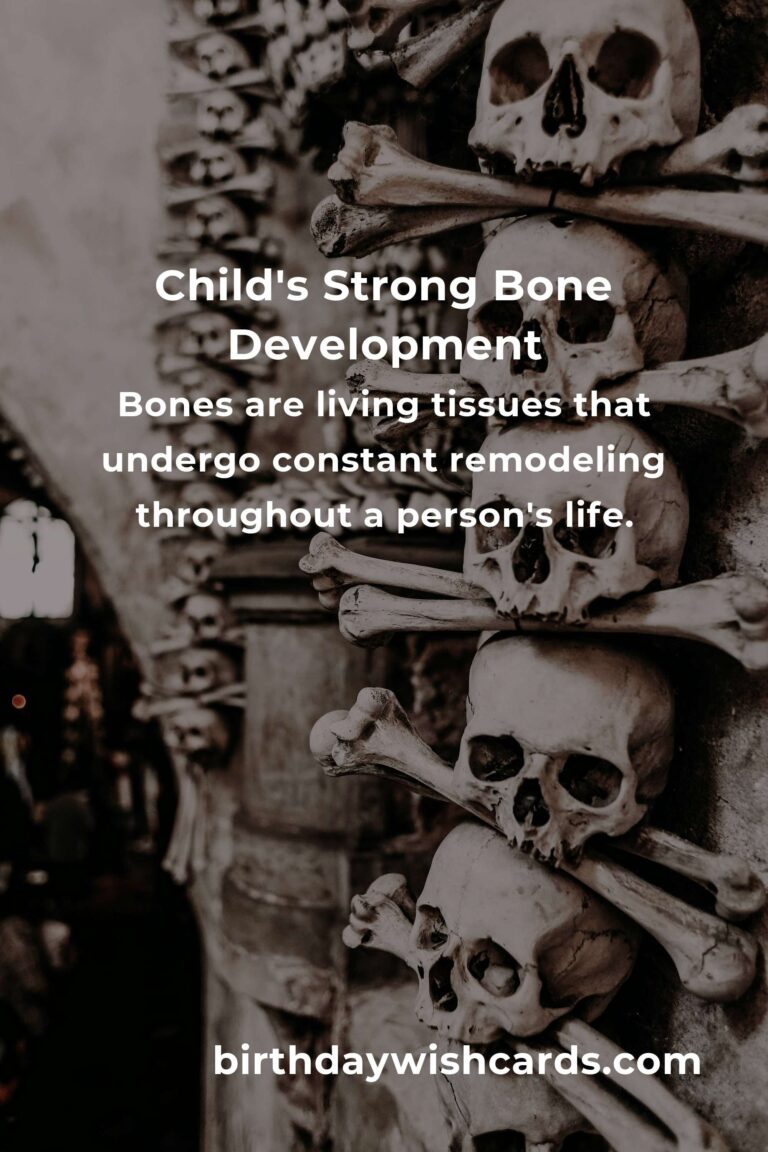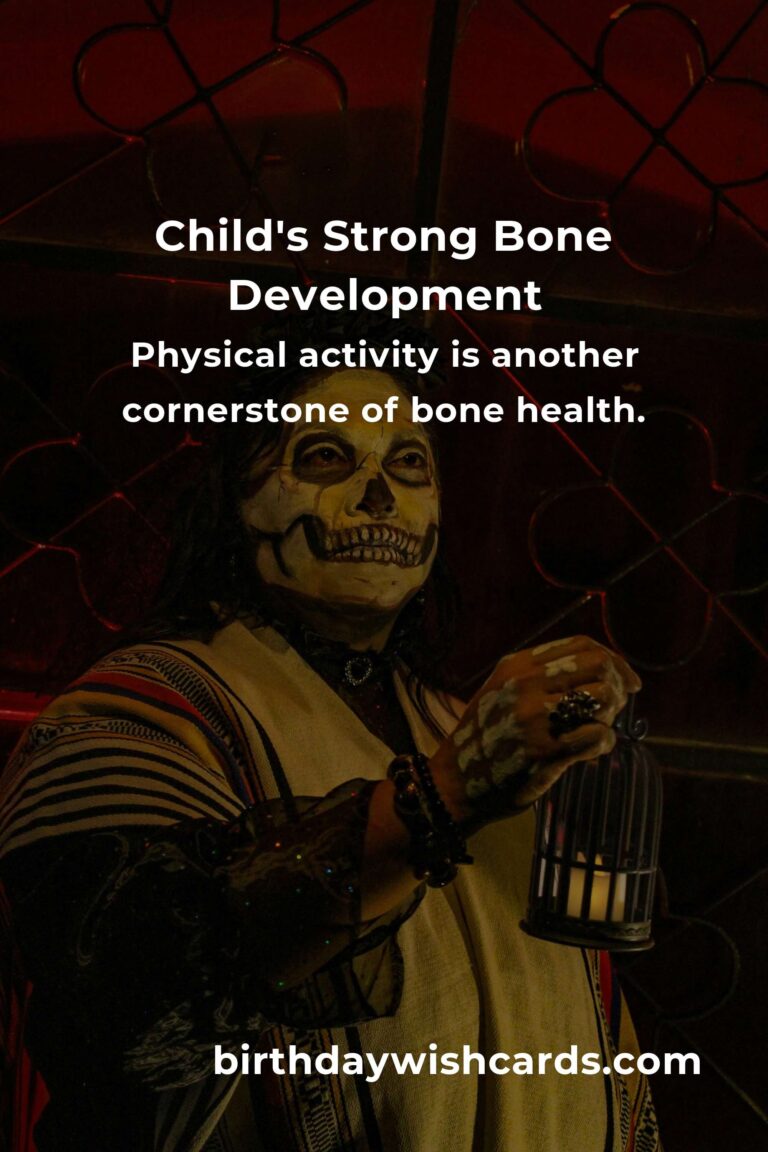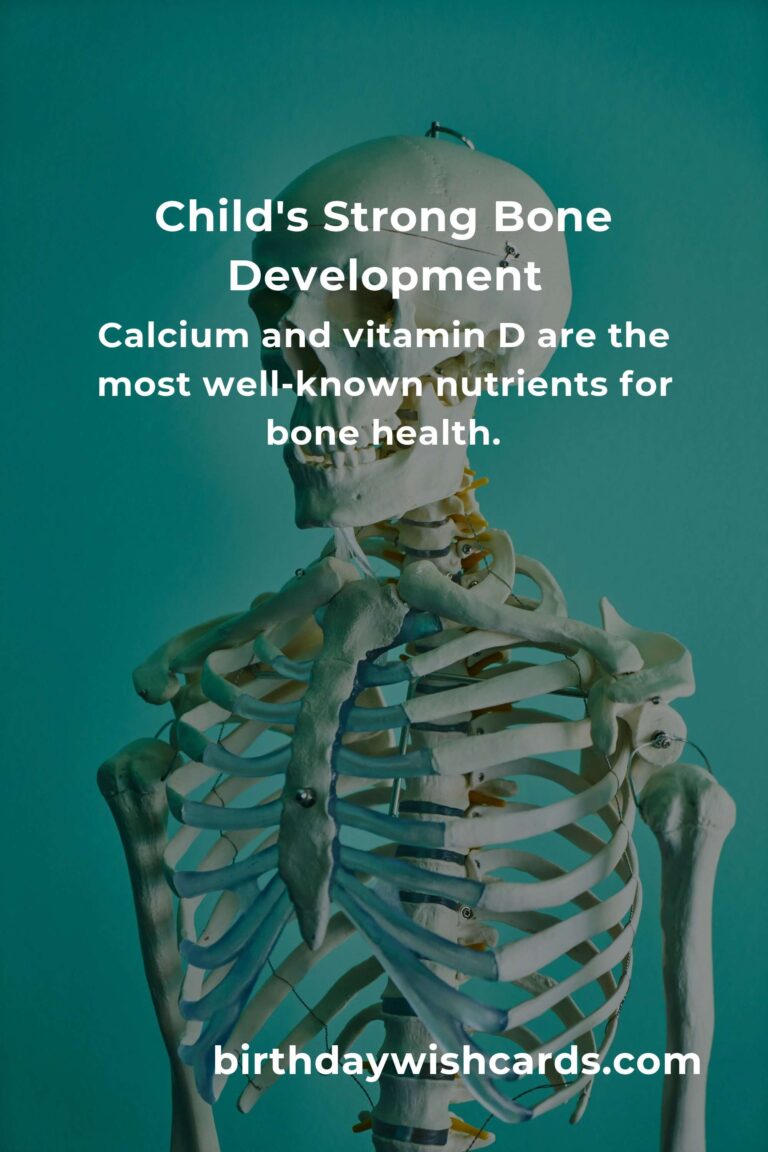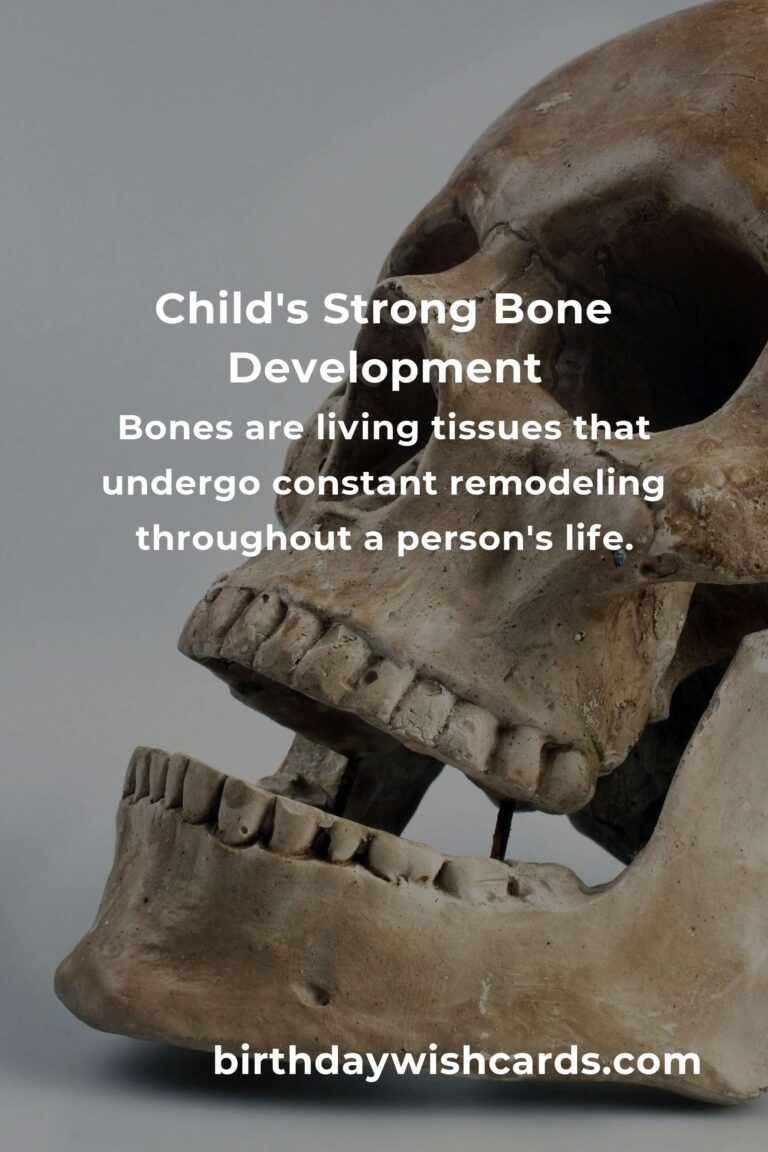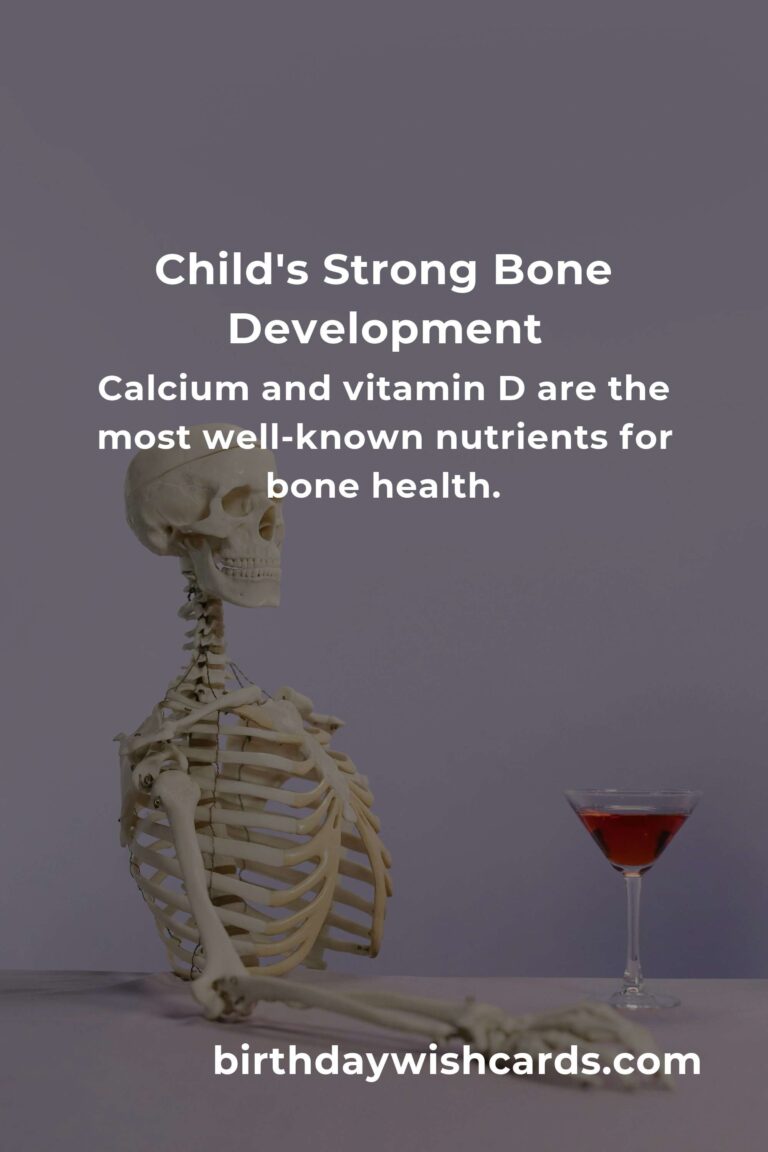
As parents, ensuring the health and well-being of our children is a top priority. In 2025, with advancements in medical research and nutritional science, understanding bone health is crucial for raising healthy kids. This guide explores the essentials of bone development, the importance of a balanced diet, and effective strategies to maintain strong bones in children.
Understanding Bone Development
Bones are living tissues that undergo constant remodeling throughout a person’s life. During childhood and adolescence, bones grow rapidly, making it a critical period for bone health. The skeleton reaches its peak bone mass by the age of 18-20, which means the foundation for future bone health is laid in these early years.
Genetics play a role in determining bone size and density, but environmental factors such as diet and physical activity are equally influential. Parents can significantly impact their child’s bone health through informed choices and practices.
The Role of Nutrition in Bone Health
A balanced diet rich in essential nutrients is vital for bone development. Calcium and vitamin D are the most well-known nutrients for bone health, but other vitamins and minerals like magnesium, phosphorus, and vitamin K also play crucial roles.
Calcium
Calcium is the primary building block of bones. Children aged 4-8 years require about 1,000 mg of calcium per day, while those aged 9-18 need about 1,300 mg. Sources of calcium include dairy products, leafy greens, and fortified foods.
Vitamin D
Vitamin D helps the body absorb calcium effectively. Sunlight exposure is a natural source of vitamin D, but in 2025, with increased indoor activities and use of sunscreen, dietary sources and supplements become essential. Foods like fatty fish, egg yolks, and fortified milk are good sources.
Other Nutrients
Magnesium, phosphorus, and vitamin K support bone mineralization and strength. Including a variety of fruits, vegetables, nuts, and seeds in your child’s diet can help meet these nutritional needs.
Exercise and Physical Activity
Physical activity is another cornerstone of bone health. Weight-bearing exercises such as walking, running, and jumping stimulate bone formation and increase bone density. Encouraging your child to engage in regular physical activity can have long-term benefits for their bone health.
Preventive Measures
Preventing bone injuries is as important as building strong bones. Ensure your child wears protective gear during sports and recreational activities. Educate them about safe practices to minimize the risk of falls and fractures.
Monitoring Bone Health
Regular check-ups with a pediatrician can help monitor your child’s bone health. Bone density tests, though not routinely done in children, may be recommended if there are risk factors for osteoporosis or other bone-related conditions.
The Future of Bone Health: Innovations and Research
In 2025, advances in technology and medical research continue to provide new insights into bone health. Genetic testing may offer personalized insights into a child’s bone growth potential, while innovative treatments and supplements could enhance bone density and strength.
Staying informed about these advancements can help parents make the best decisions for their child’s bone health.
Conclusion
Maintaining healthy bones is a lifelong journey that begins in childhood. By providing a balanced diet, encouraging physical activity, and taking preventive measures, parents can lay a strong foundation for their children’s bone health. As we look forward to the future, embracing scientific advancements and staying informed will empower parents to support their children’s growth and development effectively.
Bones are living tissues that undergo constant remodeling throughout a person’s life.
A balanced diet rich in essential nutrients is vital for bone development.
Calcium and vitamin D are the most well-known nutrients for bone health.
Physical activity is another cornerstone of bone health.
Regular check-ups with a pediatrician can help monitor your child’s bone health.
#BoneHealth #Parenting2025 #HealthyKids #Nutrition #Exercise


